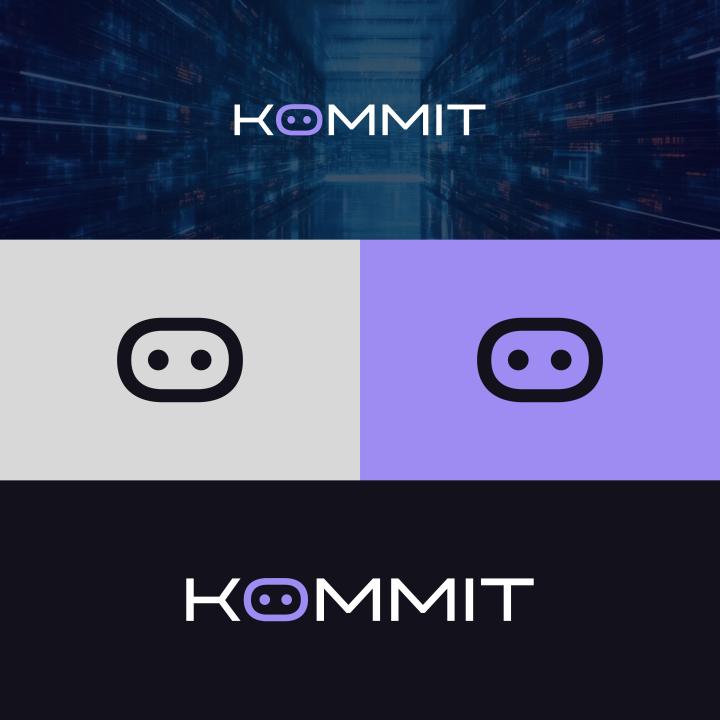Notifications

6 minutes, 36 seconds
-45 Views 0 Comments 0 Likes 0 Reviews

In the age of hyper-connectivity and rapidly evolving consumer expectations, traditional marketing methods are no longer sufficient for sustained digital growth. Brands that thrive in today's competitive landscape are those that understand, predict, and deliver exactly what their audiences need—when and where they need it. This is where Precision Marketing becomes a game-changer.
Precision marketing is not just a buzzword; it is a data-driven strategy focused on delivering highly personalized and timely marketing messages to targeted customer segments. When executed correctly, it drives measurable results in customer engagement, loyalty, and ultimately, digital growth.
Precision marketing is a strategic approach that uses advanced analytics, customer data, and automation technologies to tailor marketing efforts to individual preferences, behaviors, and locations. Unlike traditional mass marketing, which casts a wide net, precision marketing narrows the focus to the most relevant and high-value consumers.
Key components include:
Data collection and segmentation
Customer journey mapping
Personalized content delivery
Real-time targeting and automation
The goal is simple: deliver the right message, to the right person, at the right time—maximizing efficiency and minimizing wasted resources.
Personalized experiences naturally lead to better engagement. When consumers receive content or offers that align with their interests and past behavior, they are more likely to interact, click, and convert. Brands like Amazon and Netflix have mastered this through recommendation engines and behavior-based content.
By focusing on the most promising customer segments, marketers reduce costs while increasing returns. Precision marketing ensures that budgets are allocated to campaigns that are more likely to convert, thereby improving overall Return on Investment (ROI).
Thanks to AI and machine learning, marketers can analyze behavior in real-time and adjust campaigns on the fly. This agility allows for timely interventions, promotions, or retargeting efforts that significantly boost performance metrics.
Precision marketing doesn't stop at the point of sale. It continues into post-purchase engagement through tailored follow-ups, loyalty programs, and feedback requests. This level of attention makes customers feel valued, increasing retention and lifetime value.
Companies leveraging precision marketing gain a competitive edge. They can quickly respond to market changes, customer trends, and competitor actions—allowing them to lead rather than follow.
With rising privacy concerns and the decline of third-party cookies, brands must rely heavily on first-party data (information collected directly from customers). This includes website activity, purchase history, email engagement, and CRM insights.
Artificial intelligence helps process vast datasets to uncover patterns and insights. AI tools can automate everything from customer segmentation to dynamic content creation, enabling scale without sacrificing personalization.
Consumers today engage with brands across multiple platforms—social media, websites, mobile apps, and offline. Precision marketing requires a seamless, consistent experience across all touchpoints, coordinated through a unified platform.
Automation tools like HubSpot, Salesforce Marketing Cloud, or Adobe Experience Manager allow for timely, triggered communications based on user behavior. Whether it’s sending a welcome email or a cart abandonment reminder, automation ensures relevancy at scale.
A/B testing, analytics dashboards, and conversion tracking are crucial. Precision marketing is an ongoing process of optimization—learning from results and refining campaigns for continuous improvement.
While powerful, precision marketing comes with its own set of challenges:
Data Privacy & Compliance: With GDPR and other regulations, brands must be transparent and ethical in how they collect and use customer data.
Technology Integration: Implementing precision marketing requires integration between CRM, analytics, content management, and automation platforms.
Content Volume: Personalization often demands a large volume of content variations. Managing and scaling this can be resource-intensive.
Skill Gap: Data analytics and tech-driven marketing require skilled professionals who understand both marketing and technology.
Looking ahead, precision marketing will continue evolving with trends such as:
Predictive Analytics: Using historical data to anticipate future behavior.
Voice and Conversational Marketing: Engaging users through smart assistants and chatbots.
Hyper-personalization: Real-time customization based on moment-to-moment user behavior.
Ethical AI: Ensuring AI-driven personalization respects privacy and fairness.
As brands gather more real-time insights through IoT devices, wearable tech, and AI-driven systems, precision marketing will become even more refined and effective.
In an era where attention is the most valuable currency, precision marketing is no longer optional—it's essential. It allows brands to meet customers where they are, with content and offers that truly resonate. As technology continues to advance, those who adopt precision marketing early and effectively will not only drive digital growth but also build deeper, lasting relationships with their audience.

